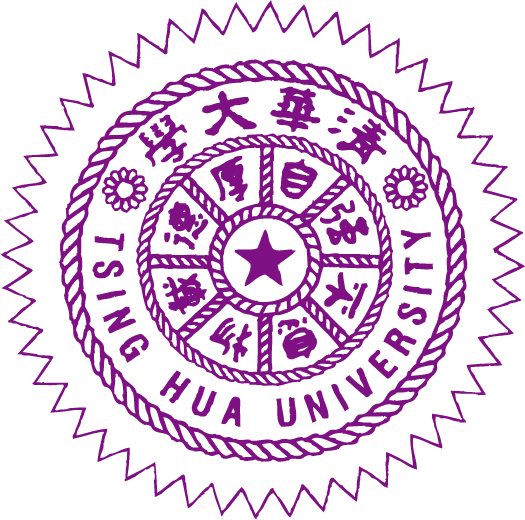Microscopic Optical System Lab
Research Field
Dr. Lee received his B.S. and M.S. degrees in electrical engineering from National Chiao Tung University (NTCU) and National Taiwan University (NTU), Taiwan, in 1994 and 1996, respectively. In 2005, he received his Ph.D. degree in electrical engineering from University of California at Los Angeles (UCLA), USA. From 1996 to 1998, he worked at Taiwan Semiconductor Manufacturing Company (TSMC) as a supervisor in the Manufacturing Dept. of Fab. V. In 2005, he joined the Institute of Photonics Technologies and the Dept. of Electrical Engineering faculty at National Tsing Hua University (NTHU), and currently he is a full professor. From 2016 to 2018, He was also appointed as a joint R&D director in Intelligent Application Micro Systems Division, EOSRL, ITRI for developing Si photonics technology.
Dr. Lee’s group devotes to the research and development of Group IV based integrated photonics and optoelectronics. His lab has been recognized as the main research lab for Si photonics in Taiwan, from material study, component design/modeling, process development, fabrication, measurement/characterization, system integration and packaging. He has led his team in conducting several large integrated projects granted by National Science and Technology Council (NSTC) in Taiwan and industrial joint development project (JDP) on this topic.
Microscopic Optical System Lab (MOSLAB) focuses on the research of advanced technology in integrated photonics, including fundamental material/process, platform technology, device design/fabrication, measurement, package and system-level integration. MOSLAB has been recognized as the main research lab for Si photonics R&D in Taiwan
- Silicon Integrated Photonics
- High-speed Group IV Optoelectronics
- Nanophotonics
- Microwave Photonics
- Integrated Quantum Photonics.
- Photonics-based Microelectromechanical System (MEMS)
- Heterogeneous Integration of photonics
- Research Excellence Incentive Award, Electrical Engineering Department, National Tsing Hua University, 2008~present, Taiwan
- National Tsing Hua University EECS Junior Faculty Research Award, 2010, Taiwan
- National Tsing Hua University Young Junior Faculty Research Award, 2010, Taiwan
- The 12th Far Eastern Y. Z. Hsu Science and Technology Paper Award, 2014, Taiwan
- The 2014 Young Optoelectronic Researcher Award, Taiwan Photonic Society, 2014, Taiwan
- MOST Outstanding Young Researcher Project Grant, 2011~2014
- MOST Outstanding Young Researcher Project Grant, 2016~2019
- 2022 Future Tech Award
- 06/2005 Ph.D. in Electrical Engineering, University of California, Los Angeles (UCLA)
- 06/1996 M.S. in Electrical Engineering, National Taiwan University
- 06/1994 B.S. in Control Engineering, National Chiao Tung University
2 Vacancies
Job Description
Integrated Photonics or Optoelectronics Design:
- for experienced students, design novel photonic components by using some simulation tools, like Rsoft, Lumerical, TCAD, HFSS
Preferred Intern Education Level
- Undergraduate students with major in electrical engineering, computer engineering, physics, or applied physics
- Graduate students with research experience (theoretical or experimental work) in opitcs, photonics, optoelectronics, semiconductor devices, electromagnetic waves, or hand-on optical measurement.
Skill sets or Qualities
- Programming skill: LabVIEW, Python or Matlab
- Knowledgement background: basic engineering mathmatics, electromagnetism, optical engineering (preferable), photonics (preferable)
